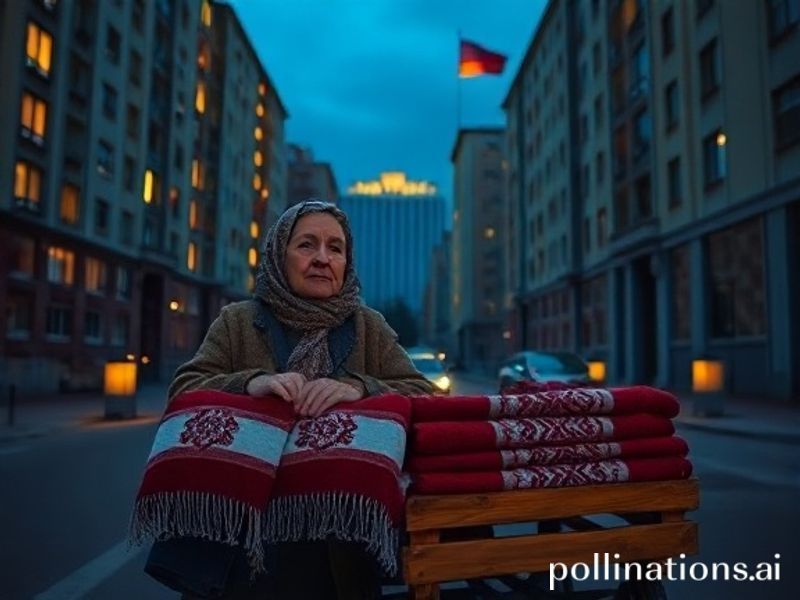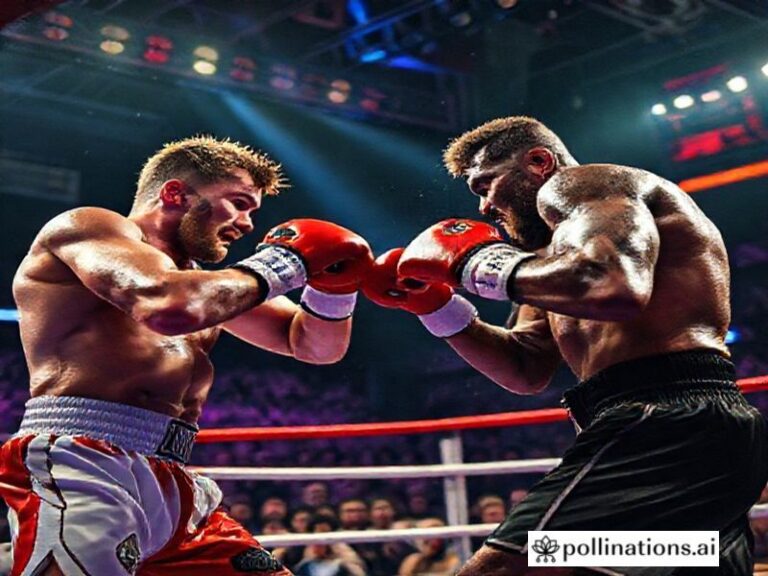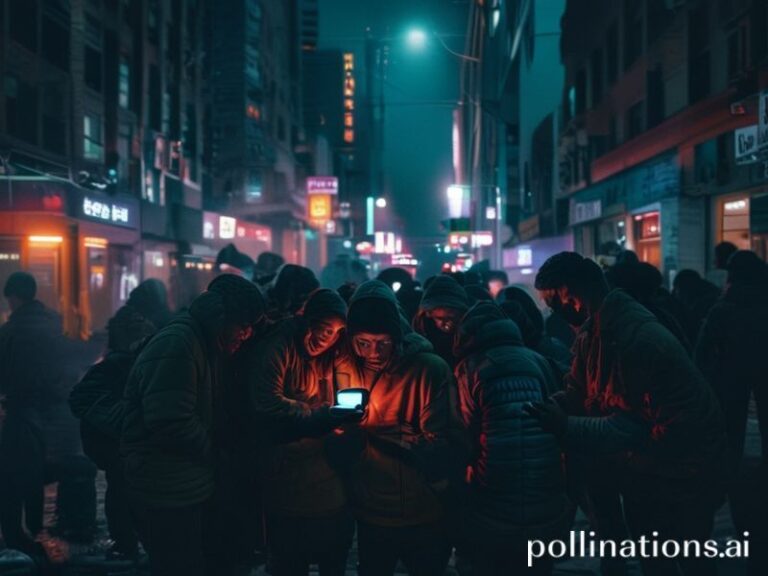Belarus: Europe’s Unwilling Geopolitical Mood Ring and Dictator’s Discount Airbnb
Minsk, Belarus – The only European capital where arriving diplomats still keep their luggage on the seat beside them, just in case the plane has to turn around mid-tarmac. That small, paranoid courtesy tells you everything about how Belarus—population smaller than greater Los Angeles, GDP smaller than Delaware’s rainy-day fund—manages to punch so far above its weight class on the global worry index.
From Washington think tanks to Beijing planning sessions, the country is treated less as a sovereign republic and more as a geopolitical mood ring: when it turns redder, someone bigger is about to do something regrettable. In 2020, mass protests after a cartoonishly rigged election produced an awkward group chat among the West (“Do we condemn?”), Russia (“Want a security guarantee?”), and China (“We’ll take the potash, thanks”). The ensuing crackdown—complete with TikTok-ready police balaclavas and a state-sponsored TikTok ban—was brutal, efficient, and livestreamed for your moral outrage convenience.
Fast-forward three years and Belarus has become the continent’s premier Airbnb for Russian troops, missiles, and the occasional nervous-looking nuclear warhead. NATO planners now rehearse for a war whose opening act could be set on a potato field forty-five minutes from Warsaw. The global security architecture, already wobbling like a three-legged barstool, suddenly has to account for a country whose most reliable export used to be sadness and fertilizer.
But the joke is on anyone who thinks Belarus is merely a Russian ventriloquist dummy. Alexander Lukashenko—Europe’s last mustachioed dictator and, at 69, still dressing like a 1987 KGB prom date—has perfected the art of extortionate neutrality. Need cheap energy? Minsk will pretend to pivot to Brussels. Brussels lectures on human rights? Minsk threatens to host Russian missiles. Moscow sends the bill for subsidized gas? Minsk hints it might recognize Taiwan. The geopolitical equivalent of a diner that will happily serve you eggs or rat poison depending on the tip.
Meanwhile, the Belarusian people—roughly the same headcount as metro Sydney—have been conscripted into the world’s most depressing case study. More than 200,000 have fled since 2020, producing a diaspora that now competes with Somali taxi drivers for global irony prizes: highly educated, deeply sarcastic, and legally barred from going home because they once retweeted a cat meme that looked like the opposition flag. The brain drain is so severe that the state airline last year advertised for foreign pilots “willing to overlook certain sanctions.” English-language requirement: “Enough to read NOTAMs and keep mouth shut.”
Economically, Belarus survives on a cocktail of Soviet nostalgia and Chinese venture capital. The latter arrives via the Belt and Road Initiative, which has upgraded rail links to Europe so efficiently that freight can now be delayed at the Polish border in record time. Western sanctions, updated every other Tuesday like a boutique streaming service, have pushed Minsk deeper into Beijing’s pocket; today you can buy Huawei routers in Minsk duty-free, presumably pre-loaded with both 5G and whatever malware pays the bills this quarter.
All of which explains why, in chancelleries from Ottawa to Canberra, Belarus is no longer filed under “Former Soviet backwater” but under “Known unknown.” If Russia escalates, Belarus is the on-ramp. If China wants leverage, Belarus is the bargaining chip. If the West wants to look principled without actually doing anything, Belarus is the perfect place to tweet concern. The country has become geopolitical duct tape: useful, slightly toxic, and impossible to peel off without ruining the furniture.
So the next time you see Belarus trending, remember it’s not about Belarus. It’s about everyone else using it as a scratchpad for their own neuroses. The Belarusian people understand this; they’ve been living inside other people’s metaphors for so long that dark humor now passes as the national anthem. After all, when your capital city’s name literally translates to “White Russia,” irony isn’t a coping strategy—it’s branding.







